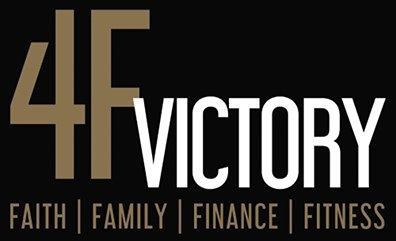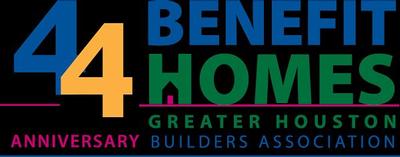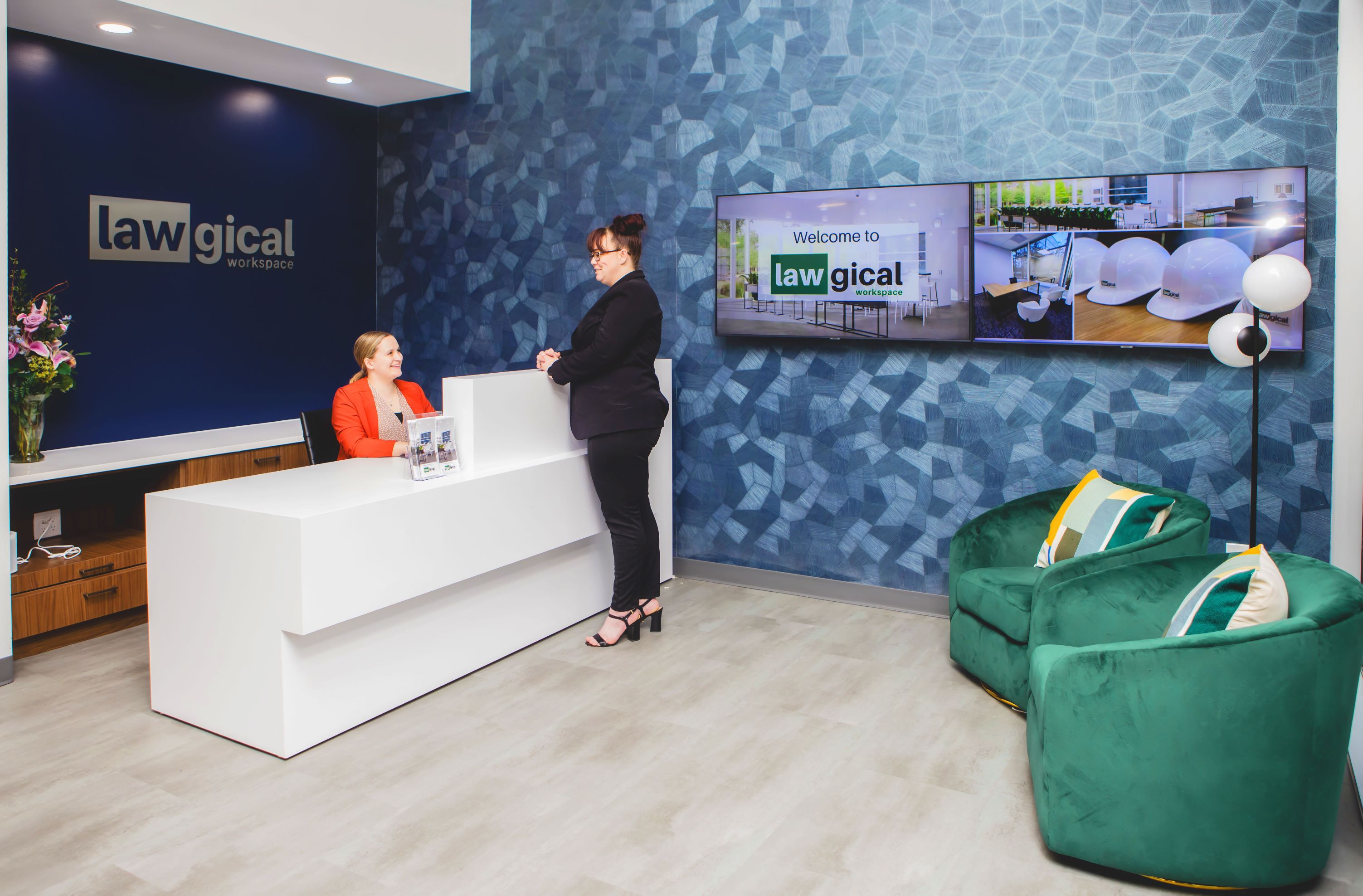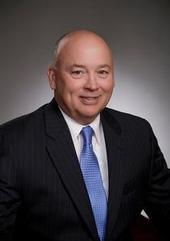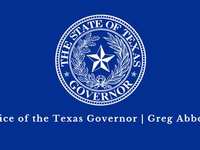- Sections :
- Crime & Public Safety
- Restaurants & Food
- Sports
- More
Review Of The Woodlands Township Incorporation Model Reveals Major Financial Miscalculations

THE WOODLANDS, TX -- The Howard Hughes Corporation® (NYSE:HHC) today released the findings of an independent report that reveals major financial miscalculations by The Woodlands Township Board of Directors in their Incorporation Model, along with an egregious over-reliance on $21 million in reserve funds that was quietly collected by pre-taxing our community without voter approval. The Township not only grossly underestimates the initial tax rate that will be necessary to convert The Woodlands from a township governance model to that of a traditional city but conceals the significantly higher fees that residents and businesses will be required to pay to maintain service levels and infrastructure needs.
“Our community has a vested interest in understanding the financial impacts of incorporation and the accuracy of the forecasts proposed and approved by The Woodlands Township Board of Directors. To provide this clarity for all taxpayers of The Woodlands, we engaged Bill Frazer, an independent CPA to conduct an objective study of the revenues and expenses included in the Board’s Incorporation Financial Model,” said Jim Carman, President of the Houston Region at The Howard Hughes Corporation. “This review of the Township’s Model reveals a massive understatement of the expenses associated with incorporation and inaccurate franchise fee projections. The Woodlands residents and businesses would pay significantly more to support the costs of an incorporated city than they currently pay as a Township or risk a lower level of service and public safety than we enjoy today, burdening a future Mayor and City Council with the decision to raise taxes or cut services.”
Frazer has been a CPA since 1975. He is a past President of the Houston CPA Society and has served on the Board of Directors of the Texas Society of CPAs for over 20 years. His report of the Incorporation Financial Model reveals:
• A $16.2 million understatement of one-time capital expenses necessary for incorporation.
• A $26.8 million total understatement of funds needed for incorporation.
• A $9.4 million understatement of a new city’s annual operating expenses.
• A $3 million understatement of one-time start-up capital expenses for a new police department, according to the Board’s own Incorporation Financial Model.
• Net new public works expense projections are understated by as much as $4.7 million per year when compared to the public works budgets of peer cities.
• The Board’s Financial Model overspends the incorporation reserve fund by $10.7 million. The Board has disclosed that it has pre-taxed residents to stockpile reserve funds for incorporation, but the $21 million in the incorporation reserve still comes up short.
• The $7.6 million in franchise fees projected by the Board represents $6.6 million in entirely new fees to be charged to residents via higher utility bills, the equivalent of a 3.62-cent property tax rate increase per $100 valuation.
• The Incorporation Financial Model bases its $7.6 million franchise fee projections on those collected by peer cities in 2017. Using Novak Consulting Group’s per household formula, the expected franchise fees to be collected in The Woodlands should be $6.4 million, not $7.6 million.
• The Board’s revenue projections represent a departure from previous conservative estimates, doubling the annual property tax revaluations from previous budgets and almost tripling sales tax revenue projections.
Frazer explained, “I was asked to conduct an independent and objective assessment of the financial projections included in the consolidated Incorporation Model presented by The Woodlands Township Board of Directors. My aim was to determine if the proposed maximum tax rate would be sufficient to sustain the operations and infrastructure of a new City of The Woodlands. My conclusion is that the proposed tax rate would fall well short of covering the expenses of a new city, leaving gaps that must be covered by additional tax increases.”
The full report can be found here.





